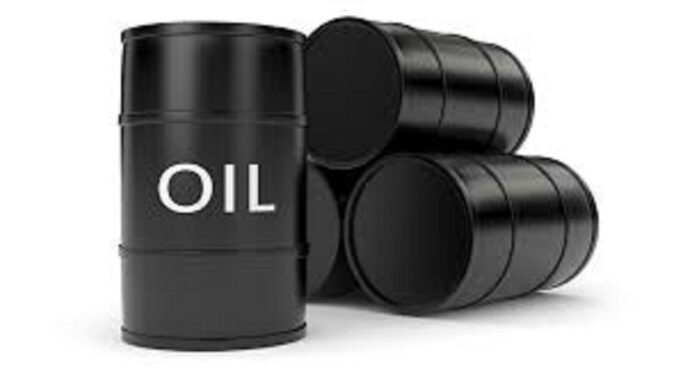Oil marketers have urged the Federal Government to fully deregulate the downstream subsector of the oil and gas industry to preserve the country’s dwindling foreign reserves and enhance economic growth.
The marketers said that the most pressing reform in the oil and gas sector was total deregulation of its downstream segment.
The marketers said the immediate removal of the fuel subsidy remained the best option to grow the oil sector, saying that over N1.3 trillion was paid on subsidy with little or no benefits to the most vulnerable members of society.
Mr Olufemi Adewole, the Executive Secretary, Depot and Petroleum Products Marketers Association (DAPPMA) urged the government to effect a total deregulation of the downstream sub-sector to attract investments and boost economic growth.
Adewole also urged the government to implement the policy (deregulation); stop the subsidies and ensure sufficient petroleum products and address transportation bottlenecks.
He said all these would address inflation, better the economy and ameliorate the economic uncertainty that characterised the polity.
He urged the government to make consultations on the subject and decide on the ideal approach to achieve deregulation.
He added that oil marketers were very willing to offer expertise and suggest methods that would better the lives of Nigerians, the industry, and the economy at large.
According to him, currently there is partial deregulation of the sub-sector such that government, through the Nigeria National Petroleum Corporation (NNPC), is the sole importer of petrol.
“NNPC imports petrol at a landing cost of N171 per litre and sells at N145 per litre at filling stations.
“Importation of diesel was deregulated and this has created avenues for marketers to import and sell at competitive prices,” he said.
The DAPPMA scribe emphasised that total deregulation of the downstream of the oil and gas subsector remained the best option to address the lingering fuel scarcity and attract new investors into the industry.
“We have to be ready to accept the reality of total deregulation of the downstream sector. I am sure most of the people truly understand the concept of deregulation.
“If we embark on deregulation today, petrol prices will be different across the country; the price may be significantly high at the early stages, but it will reduce gradually as we move on.
“Petrol prices will fluctuate throughout the year, for example, in December and January prices tend to be a lot higher. This is the case in most countries around the world.
“Why is it that refineries are not working in Africa? It is because governments tend to regulate prices.
“If government embraces full deregulation, the private sector and small scale refineries will work effectively to attract investors and patronage within and outside the country,” Adewole said.
He said full deregulation would also encourage people to build businesses along the value chains.
“You can see that most tank farms are having challenges of non-performing loans with Nigerian banks. A lot of that will change because deregulation will bring in some stability to the downstream sector.
“Deregulation will create opportunities for cost reflective tariffs and attract investors because there will be returns on investments. There are no guarantees that you will get your returns on investments with the current downstream operations,” he said.
Alhaji Debo Ahmed, the chairman, Western Zone of the Independent Petroleum Marketers Association of Nigeria (IPMAN) also urged the government to consider full deregulation of the value chains of the nation’s petroleum sector.
Ahmed said it was high time Nigeria embraced deregulation in full.
According to him, Nigeria can no longer afford to stifle the growth of the oil sector through regulation, adding that the sector should be opened up for active participation of investors, both local and foreign.
The IPMAN boss said Nigeria should be wary of politicians’ unbridled meddling in the affairs of the sector, adding that the nation’s petroleum sector should be treated strictly as business.
He stressed that the current subsidy regime was not sustainable considering the contraction being felt in the economy.
According to him, deregulation will not only make the downstream end of the market competitive, but will attract investments from Nigerians and foreigners into the sector.
He said deregulation would encourage the interplay of demand and supply, which would have a medium to short-term impact on prices and subsequently ensure stability.
The presidential candidate of the Allied Congress Party of Nigeria (ACPN), Dr Oby Ezekwesili, had also called for the deregulation of the oil sector to boost the country’s economy.
She also posited that if the sector had been subjected to the competition and discipline of the market, it would have aided the development and growth of the country.
According to her, the N1.3 trillion the federal government spends yearly on fuel subsidy, recently disclosed by the Minister of State for Petroleum Resources, Ibe Kachikwu, was a waste of resources.
She said this was almost the same amount that the current government spent on constructing roads, equipping hospitals, funding the universities and the power sector.
Oil marketers want full deregulation of downstream
RELATED ARTICLES




